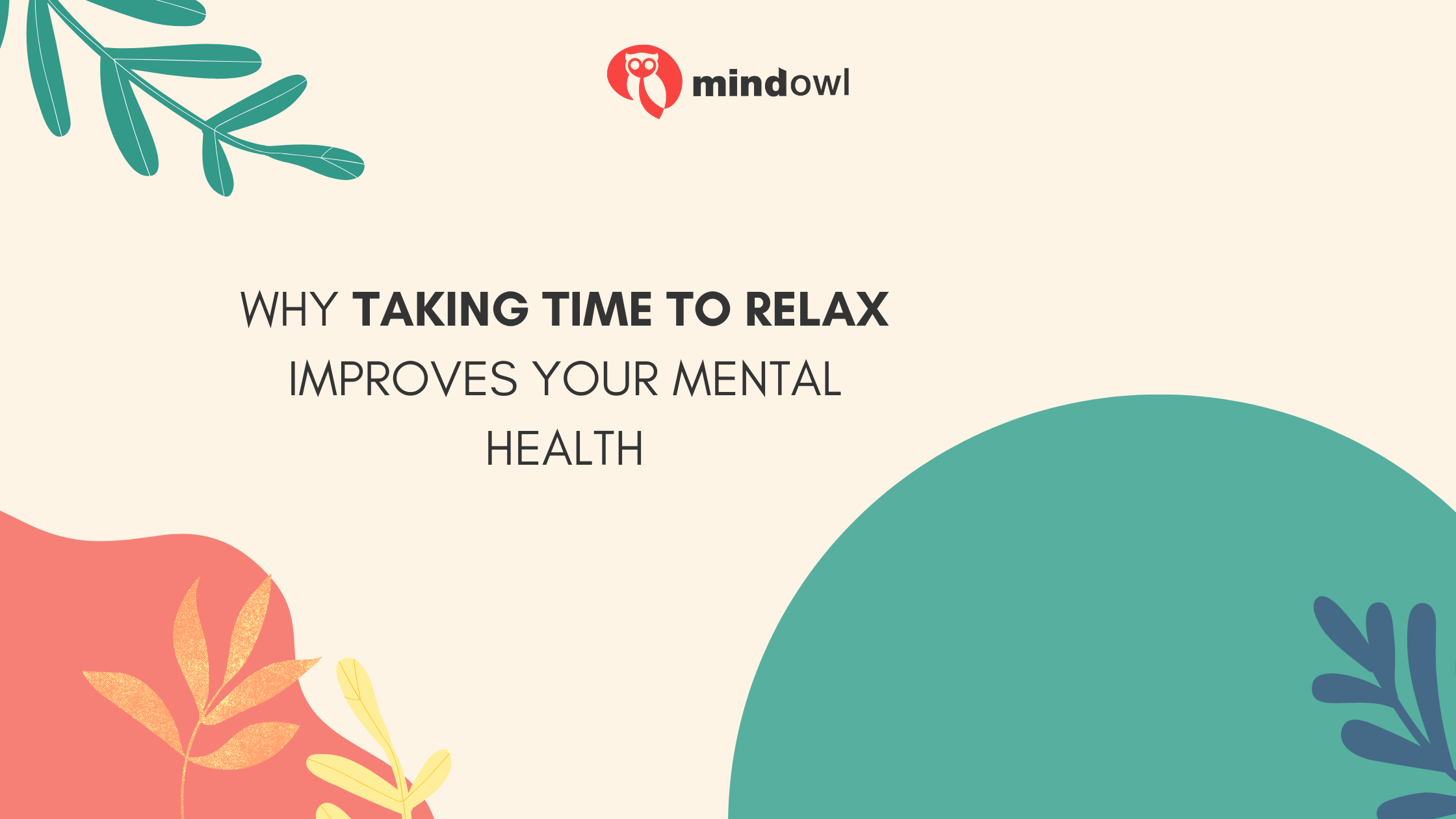In today’s fast-paced world, finding time to relax can seem like a luxury. However, it’s essential for your mental well-being. This blog post explores why taking time to relax is crucial for your mental health and provides practical tips on how to incorporate relaxation into your daily routine.

Page source: https://www.pexels.com/photo/silhouette-of-woman-on-swing-during-golden-hour-289998/
The Importance of Relaxation
Relaxation is not just about taking a break; it’s about giving your mind and body the opportunity to rejuvenate. When you relax, you reduce stress levels, improve your mood, and enhance overall mental clarity.
What is Relaxation?
Relaxation refers to a state of being free from tension and anxiety. It involves activities that calm your mind and body, helping you disconnect from daily stressors.
Types of Relaxation Techniques
There are various relaxation techniques that you can incorporate into your routine. These include deep breathing exercises, yoga, meditation, and even simple activities like reading a book or taking a walk.
Deep Breathing Exercises
Deep breathing can help lower heart rate and blood pressure, making it an effective way to relax. Try inhaling deeply through your nose, holding for a few seconds, and exhaling slowly through your mouth.
Yoga and Meditation
Yoga and meditation are excellent ways to relax both the mind and body. They promote mindfulness and help you stay present, reducing stress and anxiety.
Simple Activities
Sometimes, relaxation can be as simple as engaging in activities you enjoy. Whether it’s reading a book, listening to music, or cooking, these activities can provide a much-needed mental break.
The Science Behind Relaxation
Research shows that relaxation techniques can have a significant impact on your mental health. They help reduce the production of stress hormones and increase the levels of feel-good chemicals in the brain.
Reducing Stress Hormones
When you relax, your body produces fewer stress hormones like cortisol. Lowering cortisol levels can reduce anxiety and improve mood.
Boosting Feel-Good Chemicals
Relaxation also boosts the production of serotonin and dopamine, chemicals that promote feelings of happiness and well-being.
Practical Tips for Daily Relaxation
Incorporating relaxation into your daily routine doesn’t have to be complicated. Here are some practical tips to help you get started.
Schedule Relaxation Time
Make relaxation a priority by scheduling it into your daily routine. Even just 10-15 minutes a day can make a significant difference.
Create a Relaxing Environment
Your surroundings can impact your ability to relax. Create a calming environment with comfortable furniture, soft lighting, and soothing scents.
Limit Screen Time
Reducing screen time, especially before bed, can help you relax more effectively. Try reading a book or listening to music instead of scrolling through social media.
How Relaxation Improves Mental Health
Relaxation plays a crucial role in maintaining mental health. It helps reduce stress, improves mood, and enhances overall mental clarity. Taking time to relax cuts stress levels significantly. Stress is a leading cause of mental health issues, and relaxation techniques can help mitigate its effects. Imagine sipping on the best kosher wine, enjoying the tranquility of the moment, and feeling the stress melt away. Relaxation techniques can also improve your mood. When you take time to relax, you give your mind a break from negative thoughts and emotions, allowing you to feel happier and more content. Relaxation can enhance mental clarity by reducing cognitive fatigue. When your mind is clear, you’re better able to focus, make decisions, and solve problems.
The Role of Nutrition in Relaxation
Nutrition plays a significant role in your ability to relax. Certain foods and drinks can help promote relaxation and improve your mental health.
Herbal Teas
Herbal teas like chamomile and lavender are known for their calming properties. They can help reduce anxiety and promote better sleep.
Whole Foods
Whole foods rich in vitamins and minerals can support mental health. Foods like fruits, vegetables, nuts, and seeds provide essential nutrients that help your brain function optimally.
Limiting Caffeine
While caffeine can provide a temporary energy boost, it can also increase anxiety and disrupt sleep. Limiting caffeine intake can help you relax more effectively.
The Impact of Exercise on Relaxation

Page source: https://www.pexels.com/photo/man-doing-pushup-209969/
Exercise is a powerful tool for relaxation. Physical activity releases endorphins, which are natural mood boosters. It also helps reduce stress and anxiety.
Strength Training
Strength training can also be beneficial for relaxation. Lifting weights or doing bodyweight exercises can help reduce anxiety and boost self-esteem.
Taking time to relax is essential for your mental health. By incorporating relaxation techniques into your daily routine, you can reduce stress, improve mood, and enhance overall mental clarity. Remember, relaxation isn’t a luxury—it’s a necessity for maintaining a healthy mind and body.
If you’re looking for more personalized advice on relaxation techniques, consider booking a session with one of our wellness experts. They can help you develop a relaxation routine tailored to your unique needs.
MindOwl Founder – My own struggles in life have led me to this path of understanding the human condition. I graduated with a bachelor’s degree in philosophy before completing a master’s degree in psychology at Regent’s University London. I then completed a postgraduate diploma in philosophical counselling before being trained in ACT (Acceptance and commitment therapy).
I’ve spent the last eight years studying the encounter of meditative practices with modern psychology.

